航空航天工程理学硕士
Master of Science in Aerospace Engineering

学历文凭
Masters Degree

专业院系
James Worth Bagley College of Engineering

开学时间

课程时长

课程学费

国际学生入学条件
Regular admission to the graduate program is a B.S. degree in Aerospace Engineering or a closely related field, with a 3.00/4.00 GPA for the junior and senior years. An applicant with a B.S. degree from a program that is not accredited by EAC/ABET (Engineering Accreditation Commission of the Accreditation Board for Engineering and Technology) must submit GRE general-test scores
IDP—雅思考试联合主办方

雅思考试总分
6.5
- 雅思总分:6.5
- 托福网考总分:79
- 托福笔试总分:550
- 其他语言考试:NA
CRICOS代码:
申请截止日期: 请与IDP联系 以获取详细信息。
课程简介
The Master of Science in Aerospace Engineering prepares the student for continued progress toward the doctoral degree or to enter the work force at a level of preparation more advanced than a bachelor’s degree would provide.Research in the Department of Aerospace Engineering is performed in state-of-the-art facilities. The Advanced Performance Composite Materials Laboratory focuses on innovative methodologies for structural health monitoring of composite structures. Capabilities include fatigue and fracture testing and non-destructive evaluation. Research in the Autonomous System Research Lab focuses on UAS control and monitoring systems to enable a high degree of autonomous, cooperative behavior in unmanned air and ground systems. Other department facilities include a low speed wind tunnel and a two-stage light gas gun. Faculty and students also conduct research at the Advanced Composites Institute, including the Marvin B. Dow Stitched Composites Development Center, the Raspet Flight Research Laboratory, and the Center for Advanced Vehicular Systems (CAVS), which is a member center of the High Performance Computing Collaboratory. Graduate research and teaching assistantships are available for highly-qualified students.
相关申请
 预科
预科 奖学金
奖学金 实习机会
实习机会 在校学习
在校学习 跨境学习
跨境学习 校园授课-线上开始
校园授课-线上开始 在线/远程学习
在线/远程学习
开学时间&学费
学费信息仅供参考,请与IDP联系以获取详细信息
| 开学时间 | 时长 | 学费 | 地点 |
|---|
学校排名

世界排名601
数据源:
泰晤士高等教育世界大学排名
本校相关课程
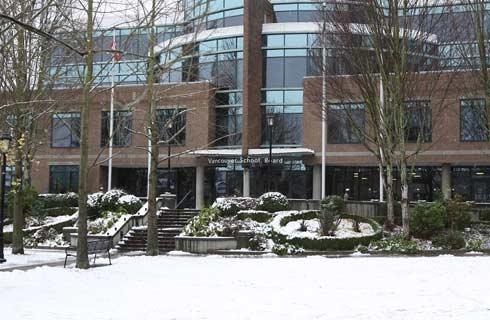
Doctor of Philosophy (Ph.D) in Engineering - Applied Physics Concentration
学历文凭
Ph.D.
开学日期
课程费用总额

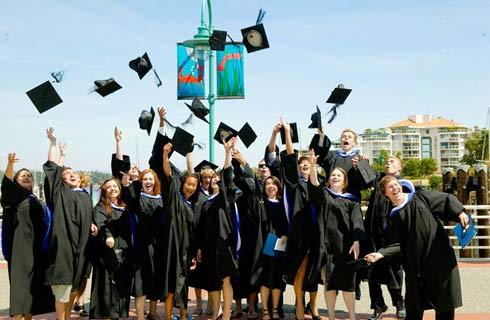
物理学理学硕士
学历文凭
Masters Degree
开学日期
课程费用总额

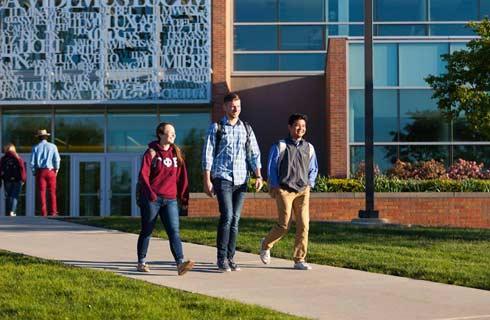
工业和系统工程哲学博士
学历文凭
Ph.D.
开学日期
课程费用总额

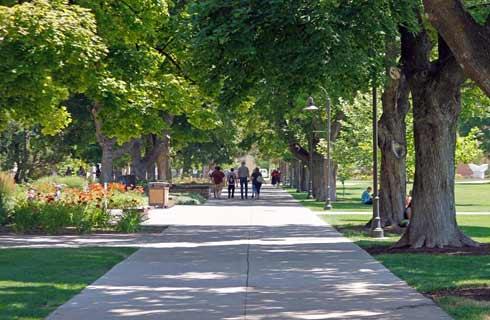
工业工程理学硕士
学历文凭
Masters Degree
开学日期
课程费用总额

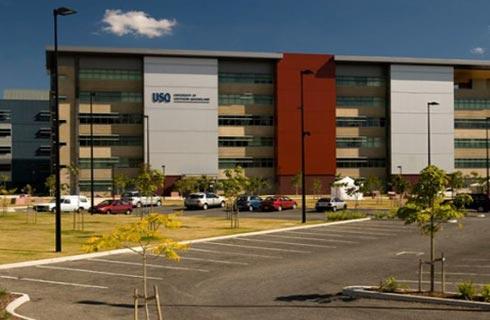
野生动物,渔业和水产养殖理学硕士
学历文凭
Masters Degree
开学日期
课程费用总额


Doctor of Philosophy in Veterinary and Biomedical Sciences - Veterinary Medical Research [For students with a master's degree]
学历文凭
Ph.D.
开学日期
课程费用总额

其他相关课程
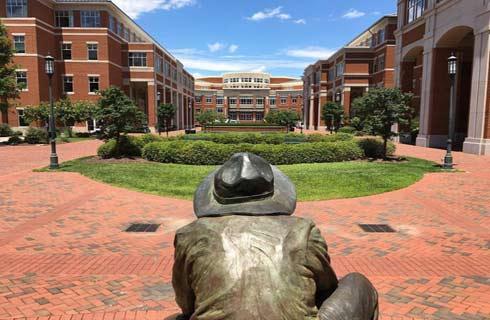
航空航天工程学士学位
 多伦多都会大学
多伦多都会大学学历文凭
Bachelor Degree with Honours
开学日期
课程费用总额

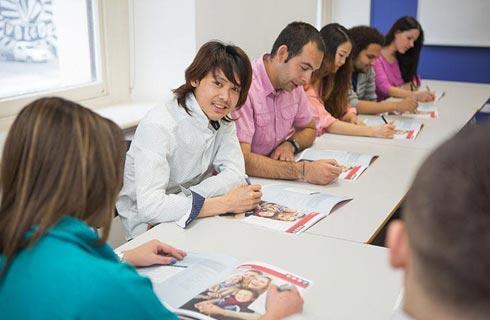
Master of Science in Aerospace Engineering
 俄克拉荷马大学
俄克拉荷马大学学历文凭
Masters Degree
开学日期
课程费用总额


航空航天工程理学学士
 凯斯西储大学
凯斯西储大学泰晤士高等教育世界大学排名:145
学历文凭
Bachelor Degree
开学日期
课程费用总额


航空航天工程理学学士
 佛罗里达理工学院
佛罗里达理工学院泰晤士高等教育世界大学排名:1045
学历文凭
Bachelor Degree
开学日期
课程费用总额

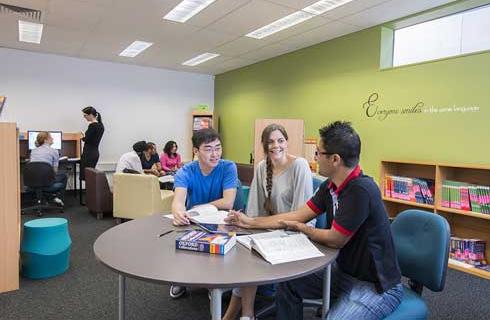
Master of Science in Aerospace Engineering
 弗吉尼亚理工大学
弗吉尼亚理工大学学历文凭
Masters Degree
开学日期
课程费用总额


飞机技术员动力装置应用科学副学士
 圣菲利普斯学院
圣菲利普斯学院学历文凭
Associate Degree
开学日期
课程费用总额











